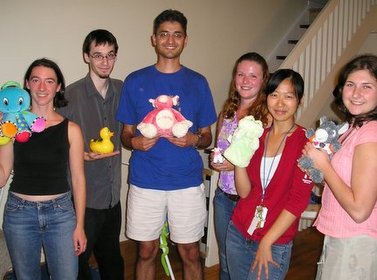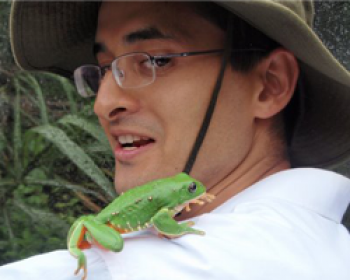
Principal Investigator
I use theory, experiments, and genomics to study evolutionary genetics. My research has focused on three main questions: (1) Why do organisms shuffle their genomes through sex and recombination? (2) In species where reproduction occurs between males and females, how does the existence of the two sexes affect evolution across the genome as well as with respect to traits specifically involved in reproductive success? (3) What are the evolutionary consequences of the constant influx of new deleterious mutations?
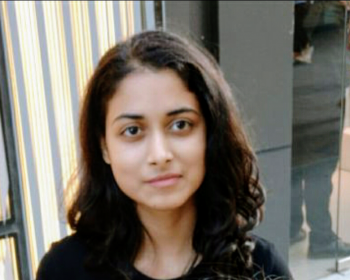
Prashastha Mishra
PhD Student
The two alternative alleles carried by a heterozygote may not be expressed at the same level; this is known as allelic imbalance (AI). Prashastha is examining AI in fruit flies and its relationship to sexual dimorphism in gene expression. How common is AI and does it occur more commonly in genes that are known to have dimorphic expression? For genes expressed in multiple organs, is AI more common in highly dimorphic tissues (gonads) than less dimorphic regions (heads)? Finally, does AI occur in exactly the same way in both sexes? Answers to these questions will help us better understand how sexual dimorphism in gene expression evolves.
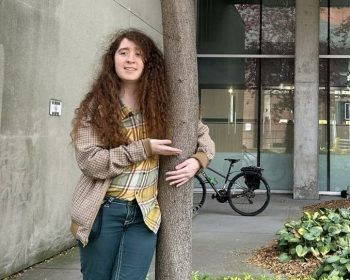
PhD Student
Chloe is working on better understanding sexual conflict and how it impacts the genome and other forms of selection. Sexual conflict occurs when the sexes have conflicting fitness strategies, but sex-specific fitness data is not available for the majority of genes which can make it difficult to assess the relative prevalence, effect and effect size of sexual conflict throughout the genome. She is interested in such questions as: When sexual conflict occurs within a locus, how often does this intralocus sexual conflict constrain genes? What types of genes are most affected? How do different forms of sexual conflict interact with one another? And how does the shared genome impact adaptation more generally?
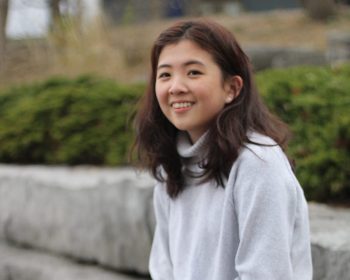
Michelle Liu
PhD Student
Michelle studies sex-differences in selection and the evolutionary conflict between the sexes that is caused by having to share the same gene pool. How does this conflict affect the evolution of sexual dimorphism? Do current levels of dimorphism represent resolved sexual conflict? Or is there still ongoing conflict that constraints the evolution of further dimorphism? How common does conflict occur across the genome, and how long can it persists? She is interested in addressing these questions using a mix of experimental, comparative, and transcriptomic approaches.
Tania Barrera (Msc, 2023), went on to data analytics consulting.
Karl Grieshop (postdoc, 2022), now faculty at University of East Anglia.
George Sandler (PhD, 2022), went on to product development at Bayer.
Amardeep Singh (PhD, 2020), went on to PhD with M. Kirkpatrick at U Texas (Austin).
Sean Clark (PhD, 2018), living the good life as a new dad back home in the Miramichi.
Eddie Ho (PhD, 2017), went on to bioinformatics consulting.
Ao Wang (MSc, 2017), went on to bioinformatics position at Geneseeq Inc.
Kim Gilbert (PDF, 2017), went on to an EMBO PDF position with L. Excoffier at U of Bern.
Alison Wardlaw (PhD, 2016), after postdoc with Y. Brandvain became a data scientist for Raven Telemetry.
Matty Hartfield (postdoc, 2016), now an NERC Independent Research Fellow at U Edinburgh.
Yuheng Huang (PhD, 2015), went on to postdoc with J. Pool at U Wisconsin.
Maggie Bartowska (postdoc, 2015), after postdoc with C. Eckert became a data scientist for Raven Telemetry.
Pepijn Luijckx (postdoc, 2015), now faculty at Trinity College Dublin.
Nathaniel Sharp (PhD, 2014), now faculty at U Wisconsin.
Alethea Wang (PhD, 2013), went on to postdoc at University College London.
Tristan Long (postdoc, 2011), now faculty at Wilfred Laurier University.
Lutz Becks (postdoc, 2010), now Emmy Noether research group leader at Max Planck Institute for Evolutionary Biology (Germany).
Andrea Zikovitz (Msc, 2010), went on to Guelph vet school.
Katherine Tedman-Aucoin (Msc, 2008), went on to McGill med school.
Chrissy Spencer (postdoc, 2007), now an academic professional at Georgia Tech University.
Lab photo 2019
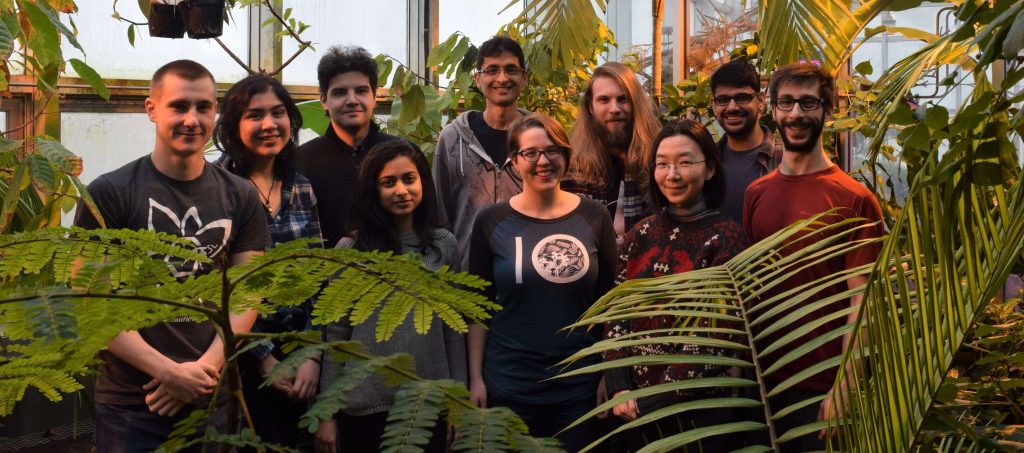
Celebrating Yuheng's (2015) and Alison's Ph.D. defense (2016)
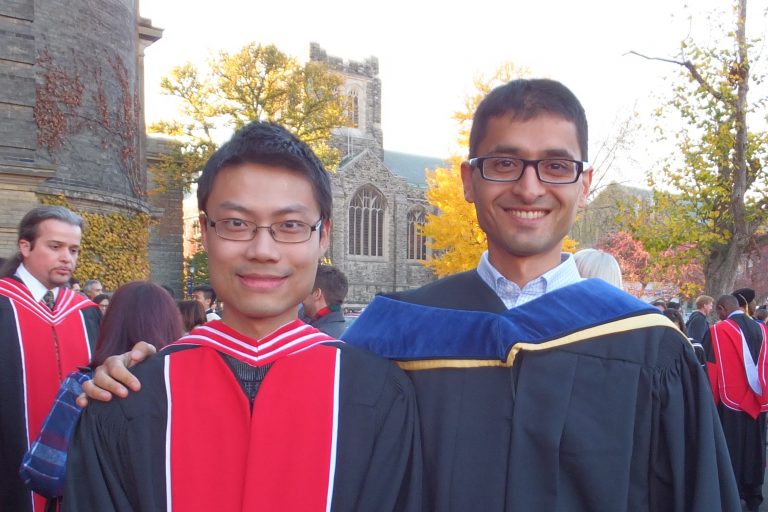
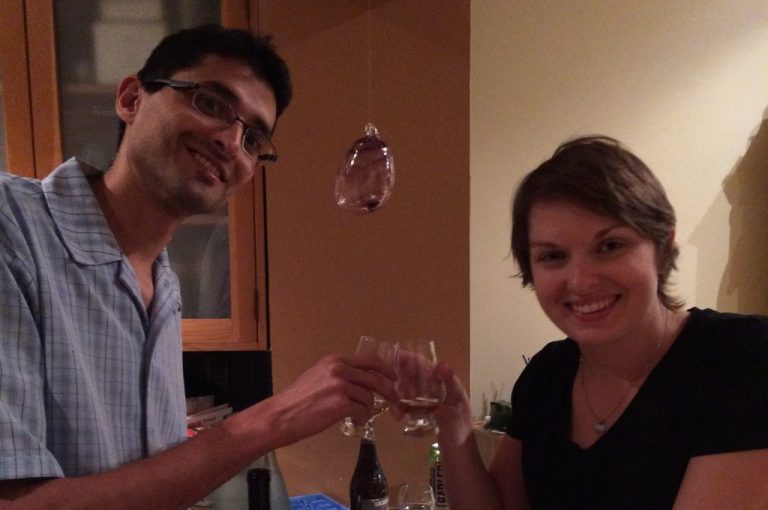
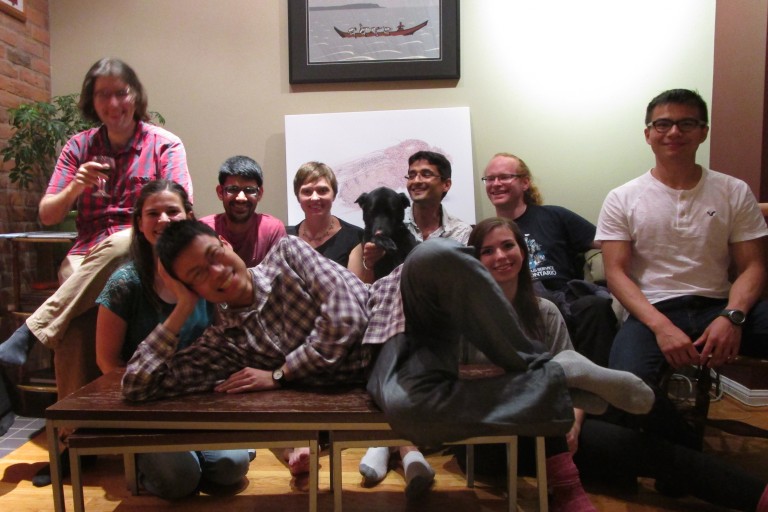
Lab party celebrating Alethea's (2013) and Nathaniel's Ph.D. defense (2014)
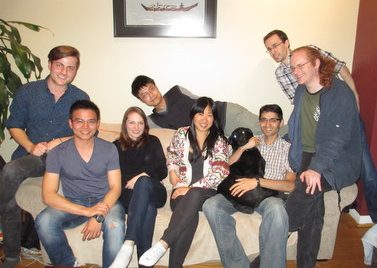
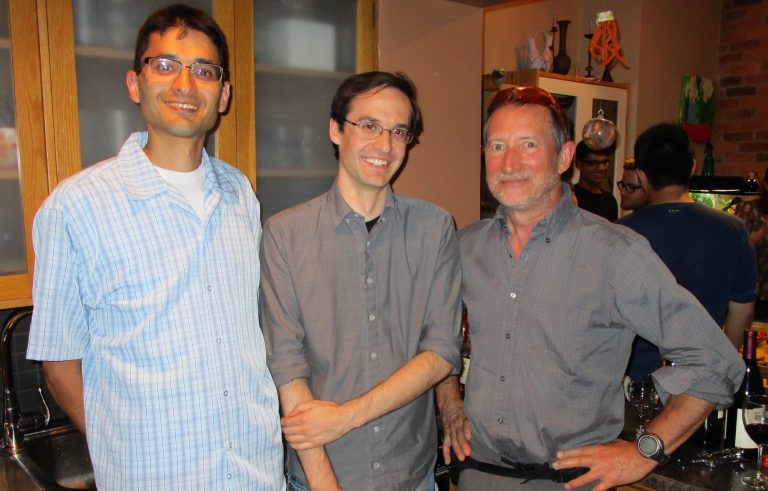
Lab photo 2011
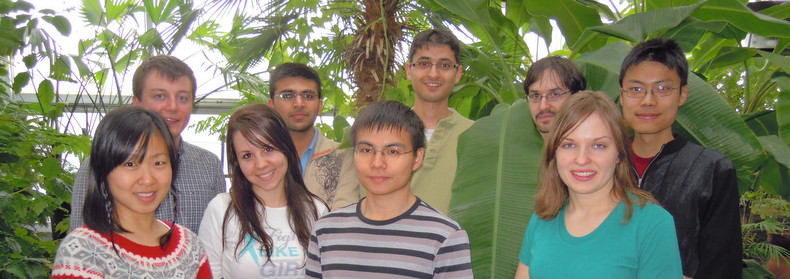
Lab photo 2009
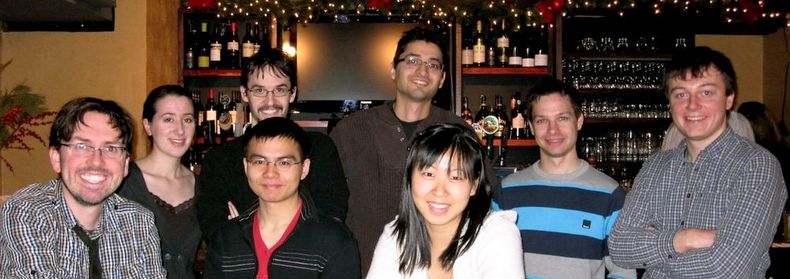
Lab photo 2008
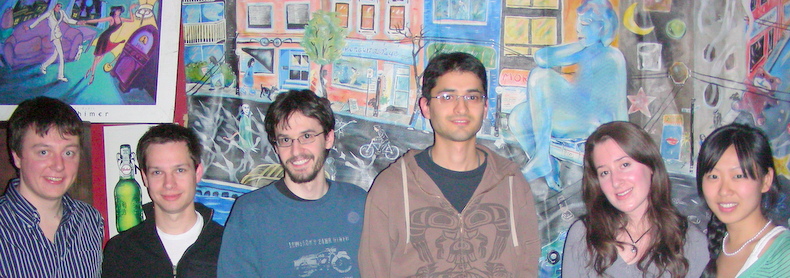
Lab photo 2007
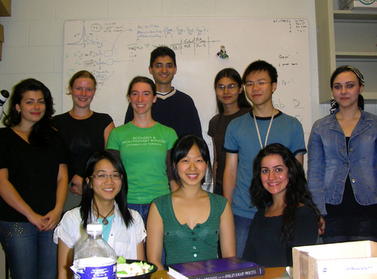
Lab photo 2006
